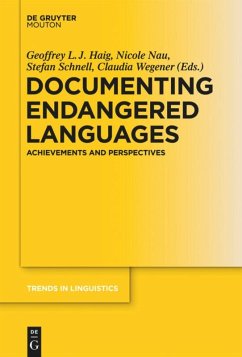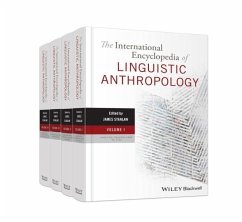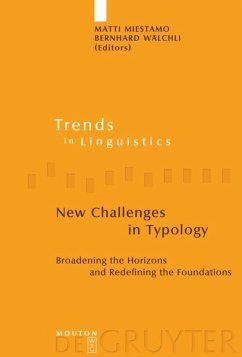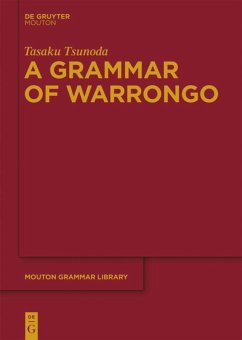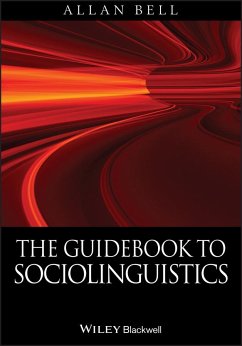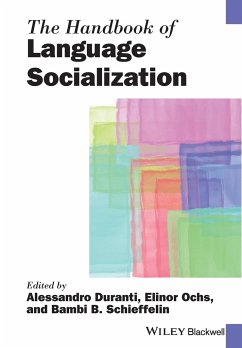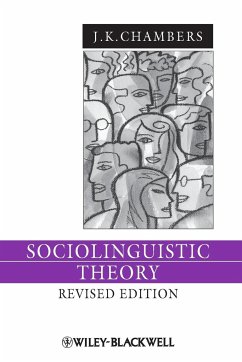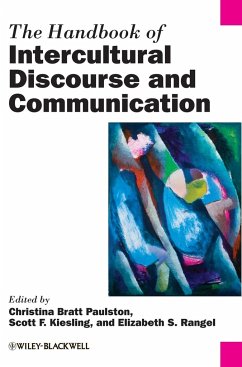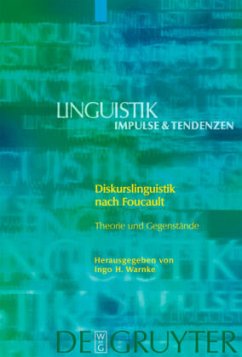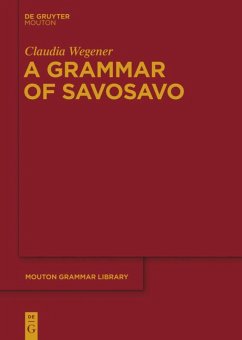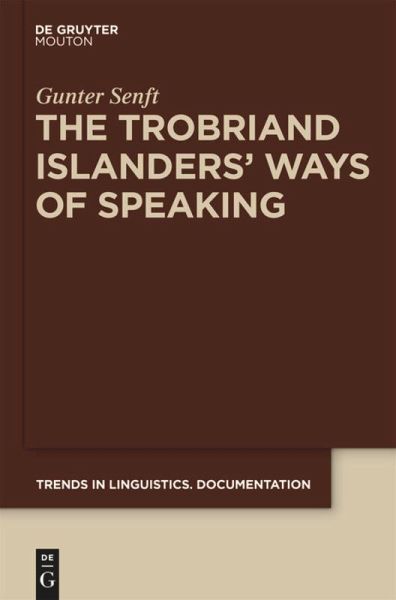
The Trobriand Islanders' Ways of Speaking

PAYBACK Punkte
116 °P sammeln!
Bronislaw Maliniowski claimed in his monograph Argonauts of the Western Pacific that to approach the goal of ethnographic field-work, requires a "collection of ethnographic statements, characteristic narratives, typical utterances, items of folk-lore and magical formulae ... as a corpus inscriptionum, as documents of native mentality".This book finally meets Malinowski's demand. Based on more than 40 months of field research the author presents, documents and illustrates the Trobriand Islanders' own indigenous typology of text categories or genres, covering the spectrum from ditties children c...
Bronislaw Maliniowski claimed in his monograph Argonauts of the Western Pacific that to approach the goal of ethnographic field-work, requires a "collection of ethnographic statements, characteristic narratives, typical utterances, items of folk-lore and magical formulae ... as a corpus inscriptionum, as documents of native mentality".
This book finally meets Malinowski's demand. Based on more than 40 months of field research the author presents, documents and illustrates the Trobriand Islanders' own indigenous typology of text categories or genres, covering the spectrum from ditties children chant while spinning a top, to gossip, songs, tales, and myths. The typology is based on Kilivila metalinguistic terms for these genres, and considers the relationship they have with registers or varieties which are also metalinguistically distinguished by the native speakers of this language.
Rooted in the 'ethnography of speaking' paradigm and in the 'anthropological linguistics/linguistic anthropology' approach, the book highlights the relevance of genres for researching the role of language, culture and cognition in social interaction, and demonstrates the importance of understanding genres for achieving linguistic and cultural competence.
In addition to the data presented in the book, its readers have the opportunity to access the original audio- and video-data presented via the internet on a special website, which mirrors the structure of the book. Thus, the reader can check the transcriptions against the original data recordings. This makes the volume particularly valuable for teaching purposes in (general, Austronesian/ Oceanic, documentary, and anthropological) linguistics and ethnology.
This book finally meets Malinowski's demand. Based on more than 40 months of field research the author presents, documents and illustrates the Trobriand Islanders' own indigenous typology of text categories or genres, covering the spectrum from ditties children chant while spinning a top, to gossip, songs, tales, and myths. The typology is based on Kilivila metalinguistic terms for these genres, and considers the relationship they have with registers or varieties which are also metalinguistically distinguished by the native speakers of this language.
Rooted in the 'ethnography of speaking' paradigm and in the 'anthropological linguistics/linguistic anthropology' approach, the book highlights the relevance of genres for researching the role of language, culture and cognition in social interaction, and demonstrates the importance of understanding genres for achieving linguistic and cultural competence.
In addition to the data presented in the book, its readers have the opportunity to access the original audio- and video-data presented via the internet on a special website, which mirrors the structure of the book. Thus, the reader can check the transcriptions against the original data recordings. This makes the volume particularly valuable for teaching purposes in (general, Austronesian/ Oceanic, documentary, and anthropological) linguistics and ethnology.




